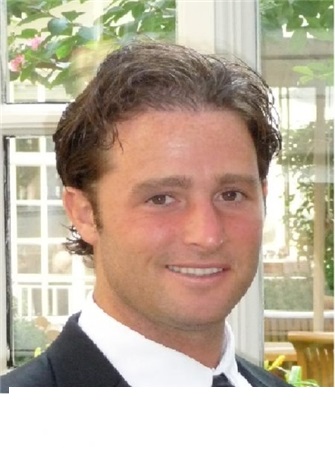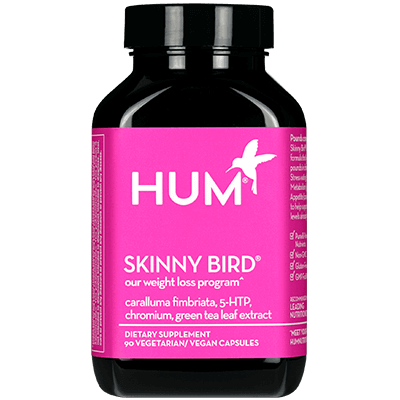 Dr. Justin Rashbaum Website: http://www.drrashbaum.com/
Dr. Justin Rashbaum Website: http://www.drrashbaum.com/ Since publishing Dr. Suz Heals Blog less than four months ago, I have had several followers contact me in regards to oral health and hygiene. It has always been my belief and opinion that oral health is the window to your overall health. One topic that seems to come up frequently is how to overcome bad breath. Many people are embarrassed to discuss this with their family or friends. Dr. Justin Rashbaum is an expert in cosmetic and general dentistry in New York City. He has provided Dr. Suz Heals and our readers with expert advice on the causes of bad breath and tips on how to treat and cure it.
Dr. Suz Heals: What are the most common causes of bad breath?
Dr. Justin Rashbaum: The most common cause of bad breath is bacteria. When bacterial flora in the mouth favors the predominance of bad bacteria over good bacteria, those bacteria give off toxins that result in bad breath, also known as halitosis.
Dr. Suz Heals: What are some great preventive measures to combat this unsavory bacteria?
Dr. Justin Rashbaum: The oral cavity is equipped with a vast array of proteins to target this bacteria. How does it do that? Saliva! Saliva is not just a lubricant to help in eating but also protects the oral cavity from harmful bacteria in the form of combative proteins. Ever wonder why we have the term "morning breath"? Your saliva flow is markedly lower at night while you sleep, which allows bacteria to grow. However, saliva also acts as a pellicle to coat the teeth, for which other materials and organisms can adhere. If you ever wonder why the elderly have "old people breath", a part of it is that as we age, salivary flow diminishes (xerostomia). Those bad bacteria proliferate over the good bacteria. Common ways to combat these are salivary activating products like Biotene rinses and chewing gums. More apparent forms of bad breath such as tooth decay and tartar (bridged bacteria that adheres to the teeth, also known as calculus) can be treated by visiting the dentist routinely.
Dr. Suz Heals: Besides the elderly, who may be predisposed to having bad breath?
Dr. Justin Rashbaum: People that have GERD are prone to burping, whose emitted gas, is not necessarily an aphrodisiac! Also, people on low carbohydrate diets, although great for losing weight, cause ketosis, which causes the body to burn fat deposits and can produce bad breath. Also, people with highly exaggerated tonsillar formation can have folds that harbor bacterial deposits.
Obviously, certain foods such as garlic and onions, and certain medications, can cause unsavory breath but follow your oral hygiene regimen and this will be of limited concern.
Dr. Suz Heals: What is the most common place for tartar to form?
Dr. Justin Rashbaum: The most common place for tartar to form is in the backs of the lower front teeth due to a salivary duct that opens up in that area. Anywhere a salivary duct opens up is most prone to calcifying and the ability for bacteria to bridge together. If you see tartar forming there, it is time to go to the dentist, as a toothbrush alone will not remove bridged tartar.
Dr. Suz Heals: In your opinion, what is the BEST way to prevent bad breath?
Dr. Justin Rashbaum: The best way to prevent bad breath is to see the dentist regularly. And I don’t mean every six months. It kills me that people have come to assume you should see the dentist every six months. You know why people have grown accustomed to believing that? Because that's the frequency insurance companies will pay for. For people in stable periodontal condition, I believe visiting the dentist three times a year is sufficient. However, for patients who have gingival recession, deeper gum pockets, a significant number of dental restorations, a history of poor plaque and tartar control, gingival bleeding and other dental issues, that frequency might need to be increased to four or five times a year. This is until the patient is in a more stable situation where three times a year may suffice.
Dr. Suz Heals: When is it time for someone to seek care for their noticeable bad breath?
Dr. Justin Rashbaum: Unfortunately, it is difficult to know when to seek care for chronic and noticeable bad breath. Most people will refrain from telling you for fear of your feelings being hurt. The best way to solve this problem is to visit the dentist routinely with no lapses in care. Period. The professional staff has nothing to lose by telling you the truth. You should know they are only there for your benefit. Hygienists, I can tell you, have a strong sense of pride when they see one of their patients improve their oral appearance from a hygienic standpoint.
Dr. Suz Heals: Can you please give our audience some healthy and inexpensive at home tips to keep help cure their bad breath?
Dr. Justin Rashbaum: I recommend chewing oral probiotics daily, such as EvoraPlus to favor the positive oral bacterial flora over the noxious kinds. I recommend using alcohol free mouth rinses because the presence of alcohol in rinses can actually contribute to an increase in harmful bacteria. Such is the case for Listerine which is now coming out with its alcohol free Listerine Zero! Even moderating your consumption of alcohol is a good start! Bad breath can be a combination of many factors and it takes a comprehensive approach to treat bad breath accordingly.
The Super Smile System is a highly proven whitening toothpaste system developed by the Father of Aesthetic Dentistry, Dr. Irwin Smigel. This uses a proprietary ingredient called Calprox to non abrasively remove stains from teeth and prosthetic surfaces.










 RSS Feed
RSS Feed

